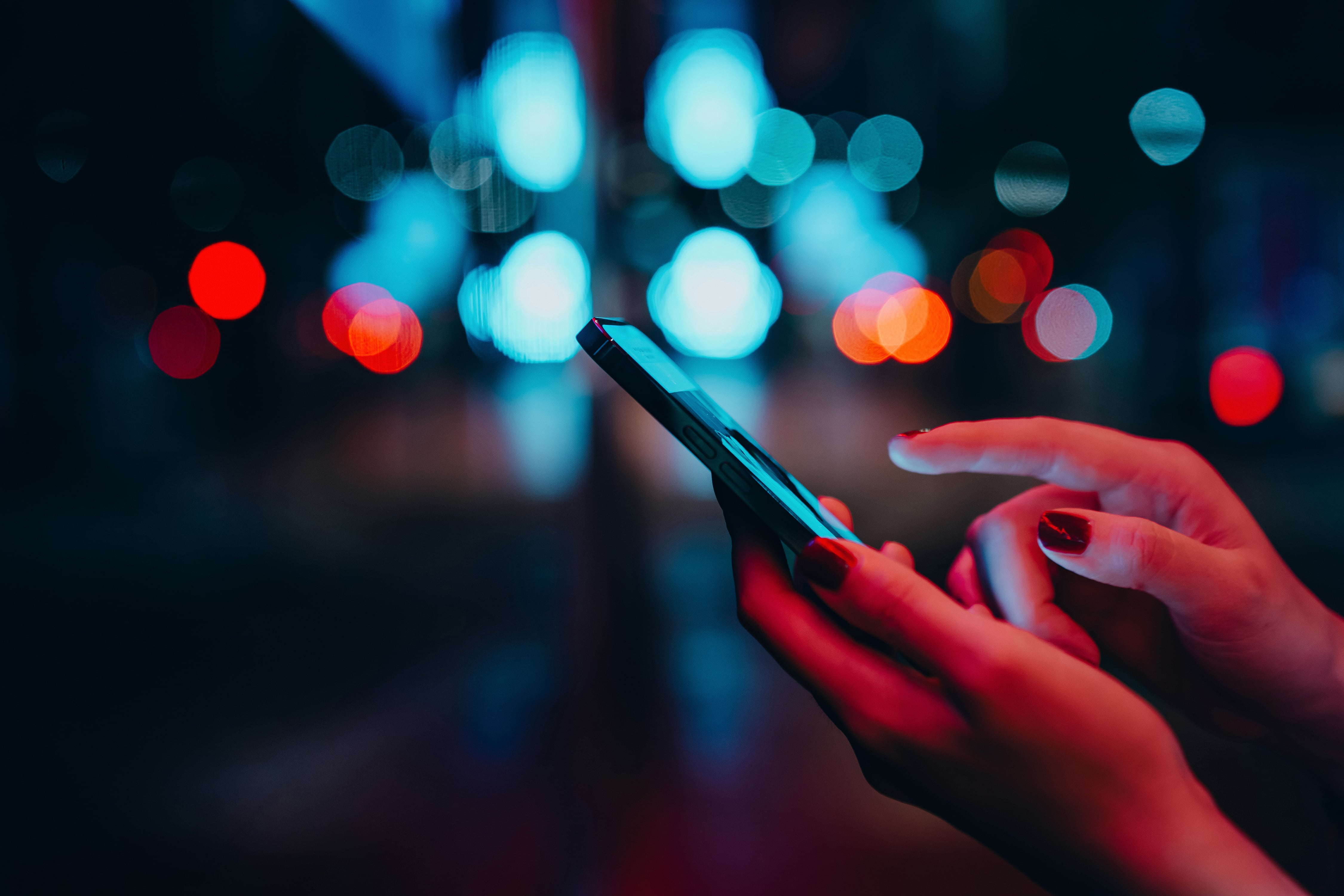Sign up for Chalkbeat Chicago’s free daily newsletter to keep up with the latest news on Chicago Public Schools.
Illinois students don’t have to worry about a statewide school cellphone ban — for the time being.
State lawmakers failed to pass a proposal that would have restricted the use of cellphones in classrooms by 2026-27, but they could revisit the bill again in the fall veto session.
Gov. J.B. Pritzker called for cellphone restrictions in classrooms during his State of the State address in February and his office filed witness slips in favor of Senate Bill 2427 during the session. The bill garnered bipartisan support in the Senate, where it sailed through with a unanimous vote of 55-0.
But once it entered the House, momentum stalled. While the bill was on the House’s schedule, it was not called to the floor for a vote before the end of session, raising questions about what happened behind the scenes.
SB 2427 would have required school districts to create a policy, with input from the school’s community, that limits the use of cellphones during instructional time and incorporates guidance for safe and secure storage during the school day.
State legislators who worked on SB 2427 say they saw overwhelming support for the bill, but ran out of time to push the proposal over the finish line. Some believe it got lost in the shuffle as lawmakers spent the final hours of the spring legislative session negotiating the state’s $55 billion budget for fiscal year 2025, which starts on July 1.
State Sen. Cristina Castro, the chief sponsor of the bill, said in an interview with Chalkbeat that she did not hear strong opposition to the bill, but believes the language of the bill needed some “fine-tuning.”
Teachers unions, administrator groups, and state lawmakers had expressed concerns about schools’ ability to enforce cellphone restrictions and what schools would do about cell phone access in emergency situations such as an active shooter scenario.
Bryen Johnson, director of political activities for the Illinois Federation of Teachers, one of the largest unions in the state, said the union generally supports the idea of removing cellphones from classrooms so students can remain focused on their lessons. But the union did not file a witness slip in support of the bill because of unanswered questions, including one regarding liability.
“If a device breaks, who’s responsible for said device? What role, what responsibilities does the teacher have in that?” said Johnson.
State Rep. Michelle Mussman, a House sponsor of the bill and chair of the House’s education policy committee, said in an email to Chalkbeat that lawmakers brought up several concerns such as access to phones in an emergency situation, who would be responsible if a phone was stolen or broken, and enforcement of a policy and whether it would be disproportionately applied to students of color.
Mussman said negotiations over the bill will continue over the summer. Castro says that she and Mussman are committed to getting the bill over the finish line. The bill could return during the fall veto session.
A statement from the governor’s office emailed to Chalkbeat signals that Pritzker is still invested in working with the General Assembly to pass a school cellphone ban bill.
“Like many pieces of legislation, this effort may take time, but regulating cellphone use in schools is a crucial step toward improving student focus and academic performance,” the statement said.
The bill language, as it stands now, allows exceptions for students who might need to keep their cellphone close. Those exceptions could include if a student had a medical reason, to fulfill an Individualized Education Program or a Section 504 plan, to support English learners, in case of an emergency, or if a student is told by a teacher to use a cellphone in class.
School districts would not have been able to enforce their new cellphone policies with fines, fees, or by deploying school resources officers or local law enforcement agencies, according to the proposed legislation. The legislation also would have required school boards to review their cellphone policy every three years. School districts would have been required to either post the policy on their websites or hand out the policy to families.
Illinois is not the only state looking to curb cellphone use in schools with legislation this year. Half of all states have either banned or restricted the use of cell phones in classrooms and many others have proposals to do so. Colorado, Indiana, New York, and Tennessee are among the states that have successfully passed cellphone bans. Michigan and New Jersey have proposals being discussed by lawmakers.
Research shows that the use of cellphones and social media can have negative impacts on students’ mental health. According to a 2023 survey, about 51% of teens spend at least four hours on social media. Another study found that the use of social media makes teens more depressed and anxious.
A Pew Research Center survey found about 68% of adults support cellphone bans and 65% of adults who have kids in K-12 were more likely to support a ban. Those who support restricting cellphone use in schools say students would have fewer distractions during class time.
Samantha Smylie is the state education reporter for Chalkbeat Chicago covering school districts across the state, legislation, special education and the state board of education. Contact Samantha at ssmylie@chalkbeat.org.







